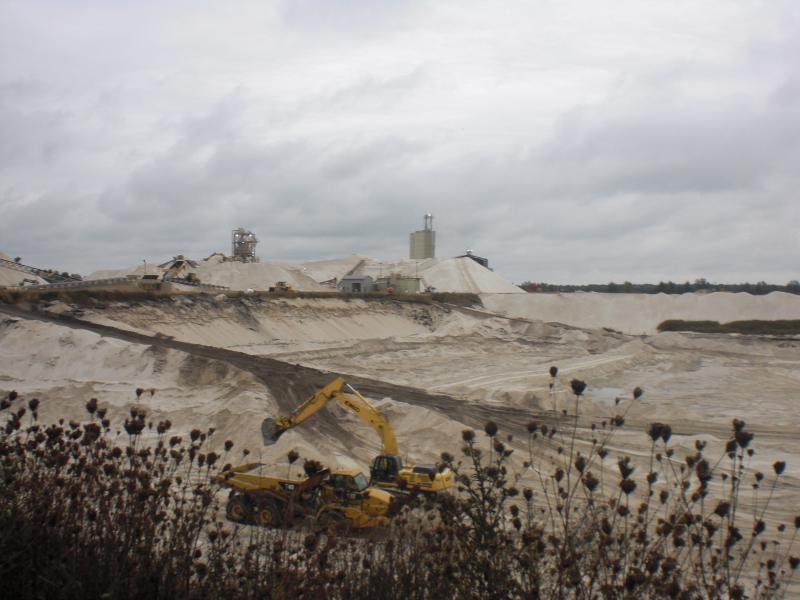 The Midwest Environmental Advocates (MEA), Ho-Chunk Nation, and Sierra Club-John Muir Chapter are asking the Federal Environmental Protection Agency (EPA) to step in and override a frac-sand mining permit that was granted by the Wisconsin Department of Natural Resources (WDNR).
The Midwest Environmental Advocates (MEA), Ho-Chunk Nation, and Sierra Club-John Muir Chapter are asking the Federal Environmental Protection Agency (EPA) to step in and override a frac-sand mining permit that was granted by the Wisconsin Department of Natural Resources (WDNR).
The request asks for the EPA to object to the permit, as it allows Superior Silica Sands frac-sand mine and processing plant to expand production without estimating, monitoring, or controlling fine particulate matter or PM2.5. Fine particulate matter is a health threat because it can lodge in the lungs and cause a variety of health issues, including respiratory diseases. For these reasons, we believe the EPA must step in.
In late August, the EPA told the DNR that their plans to monitor PM2.5 did not follow the Clean Air Act. The EPA said the DNR should evaluate activities that create PM2.5 air quality impacts on a case-by-case basis and not broadly exempt industrial activity – like frac sand mining – from requirements to assess, monitor and control air quality impacts. Despite this, the DNR went ahead and used this guidance to issue the Superior Silica Sands permit.
“The DNR is ignoring the presence and cumulative impacts of fine particulate matter from facilities including frac sand mines under its new policy,” said MEA staff attorney Sarah Geers. “Despite repeated objections by the EPA and groups like MEA, the DNR is ignoring its responsibilities to protect our air under federal law. Asking the EPA for a formal objection to this permit will help make it clear that the DNR’s policies must be brought in line with the Clean Air Act in order to protect public health and our environment.”
The Ho-Chunk Nation is our partner in requesting the EPA step in. Ho-Chunk Nation Vice President Darren Brinegar said, “The Ho-Chunk Nation is in favor of complying with the EPA standards. We feel it is an important step in keeping the general public, environment and natural habitats safe.”
Read the full press release here.